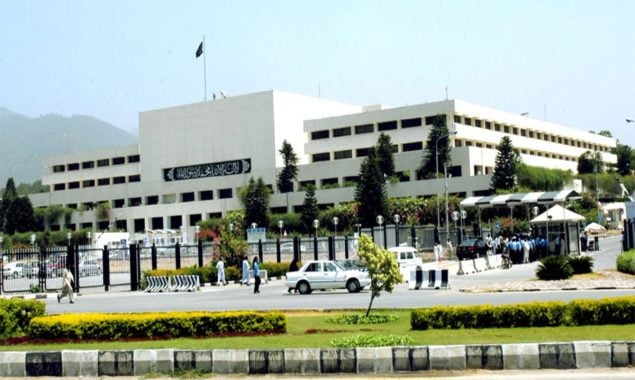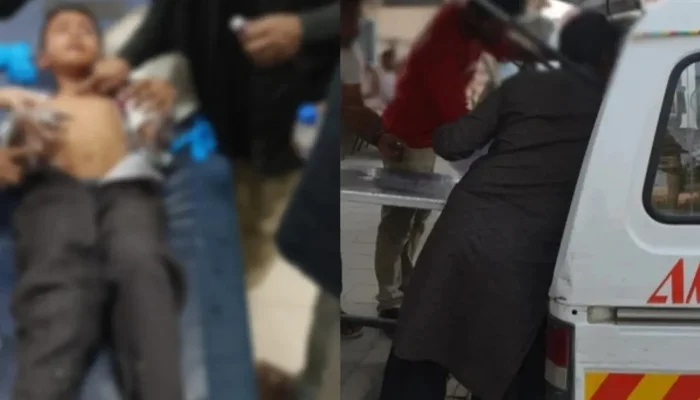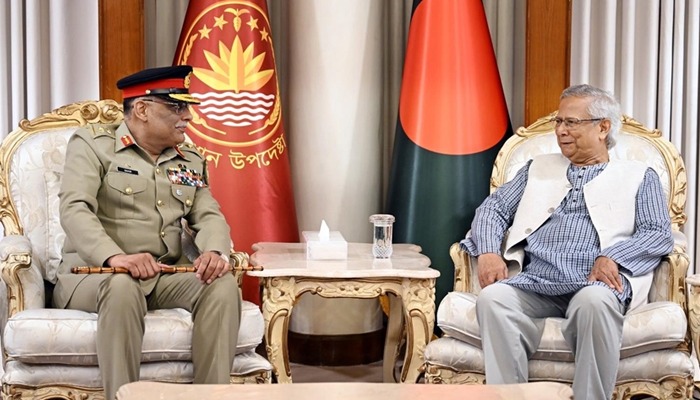The meeting between the negotiation committees of the government and opposition is scheduled for January 2 at the Parliament House. The Pakistan Tehreek-e-Insaf (PTI) has intensified consultations on its charter of demands.
According to sources, the government has also prepared its own charter of demands to counter PTI’s. The government’s charter will be presented after reviewing PTI’s charter of demands.
A government member stated, “We will review PTI’s charter of demands first and then present our own. Preliminary consultations on the government’s charter of demands are ongoing.”
Sources within the government negotiation committee revealed that four key points are being shortlisted for the government’s charter of demands. These include extending the Charter of Democracy to all other political parties, establishing a Charter of Economy as the second point, reaching a consensus on combating terrorism as the third point, and formulating a unified and collective national foreign policy as the fourth point.
The sources also indicated concerns about PTI’s willingness to agree to the Charter of Democracy. However, they remarked that “even PTI, after facing challenges, has now returned to Parliament.”
Bol News posed a question to a member of the negotiation committee, asking whether the government’s charter would include a demand for an apology for the events of May 9. In response, the committee member clarified, “The negotiations are being conducted on issues, not conditions. Setting conditions from either side would derail the talks.”
Sources within the government committee stated that if the government had insisted on an apology for May 9, the negotiations would not have even started. They added, “No political party can reject the four national demands under any circumstances. If PTI backs out of the charters on terrorism, the economy, foreign policy, and democracy, it will only harm its own position further.”
The sources further noted, “If PTI agrees to the government’s demands, it will not only ensure the continuation of the current government and system but also establish a roadmap for future governments.”




















